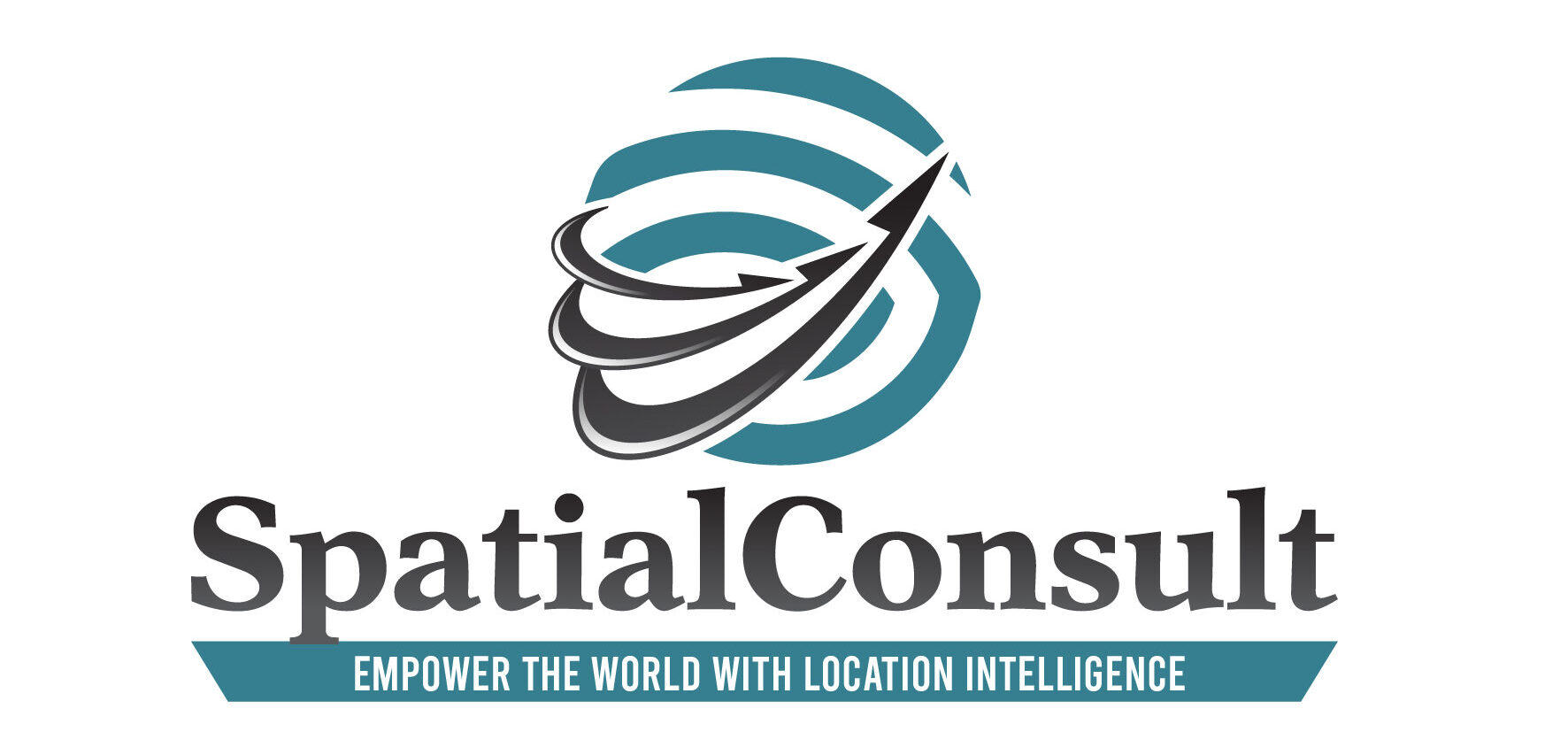Unleashing the power of location data involves harnessing the potential insights, efficiencies, and innovations that come from analyzing and utilizing geographic information. Location data, often derived from GPS, satellite imagery, mobile devices, and other sources, offers a wealth of opportunities for businesses, organizations, and individuals to make informed decisions and drive positive outcomes. Here’s how you can unleash the power of location data:
- Spatial Analysis: Use location data to identify patterns, relationships, and trends that are geographically dependent. Analyze spatial data to gain insights into customer behavior, market dynamics, and resource distribution.
- Mapping and Visualization: Create interactive maps and visualizations to communicate complex information in an easily understandable format. Maps are powerful tools for presentations, storytelling, and decision-making.
- Predictive Analytics: Utilize location data to build predictive models that forecast future events, such as customer preferences, demand fluctuations, or traffic patterns.
- Optimized Routing and Navigation: Develop applications that offer real-time routing and navigation solutions, optimizing routes for efficiency and minimizing travel time.
- Market Analysis: Combine location data with demographic and economic data to analyze market penetration, identify potential growth areas, and tailor marketing strategies.
- Environmental Monitoring: Use location data to monitor environmental changes, track deforestation, assess pollution levels, and observe wildlife populations.
- Supply Chain Management: Incorporate location data to optimize supply chain operations, track shipments, and ensure efficient logistics.
- Emergency Response: Location data is crucial for emergency services, enabling accurate incident mapping, resource allocation, and evacuation planning during disasters.
- Infrastructure Planning: Make informed decisions about infrastructure development by analyzing location data related to population growth, traffic flow, and utility networks.
- Precision Agriculture: Apply location data to precision farming, optimizing crop management, irrigation, and fertilization for increased yield and sustainability.
- Real Estate and Property Management: Use location data to assess property values, analyze market trends, and make informed decisions about property investments.
- Tourism and Hospitality: Leverage location data to enhance tourism experiences, recommend local attractions, and provide personalized services to travelers.
- Healthcare Planning: Analyze location data to identify healthcare facility gaps, optimize resource distribution, and improve access to medical services.
- Cultural Heritage Preservation: Use location data to document and preserve cultural heritage sites, artifacts, and historical landmarks.
- Smart City Development: Leverage location data in the planning and implementation of smart city initiatives, optimizing urban services, transportation, and energy usage.
To fully unleash the power of location data, organizations need to invest in geospatial technology, data integration, analytics tools, and skilled professionals. By integrating location data into various aspects of decision-making and operations, you can achieve greater efficiency, innovation, and success in a wide range of industries and domains.
